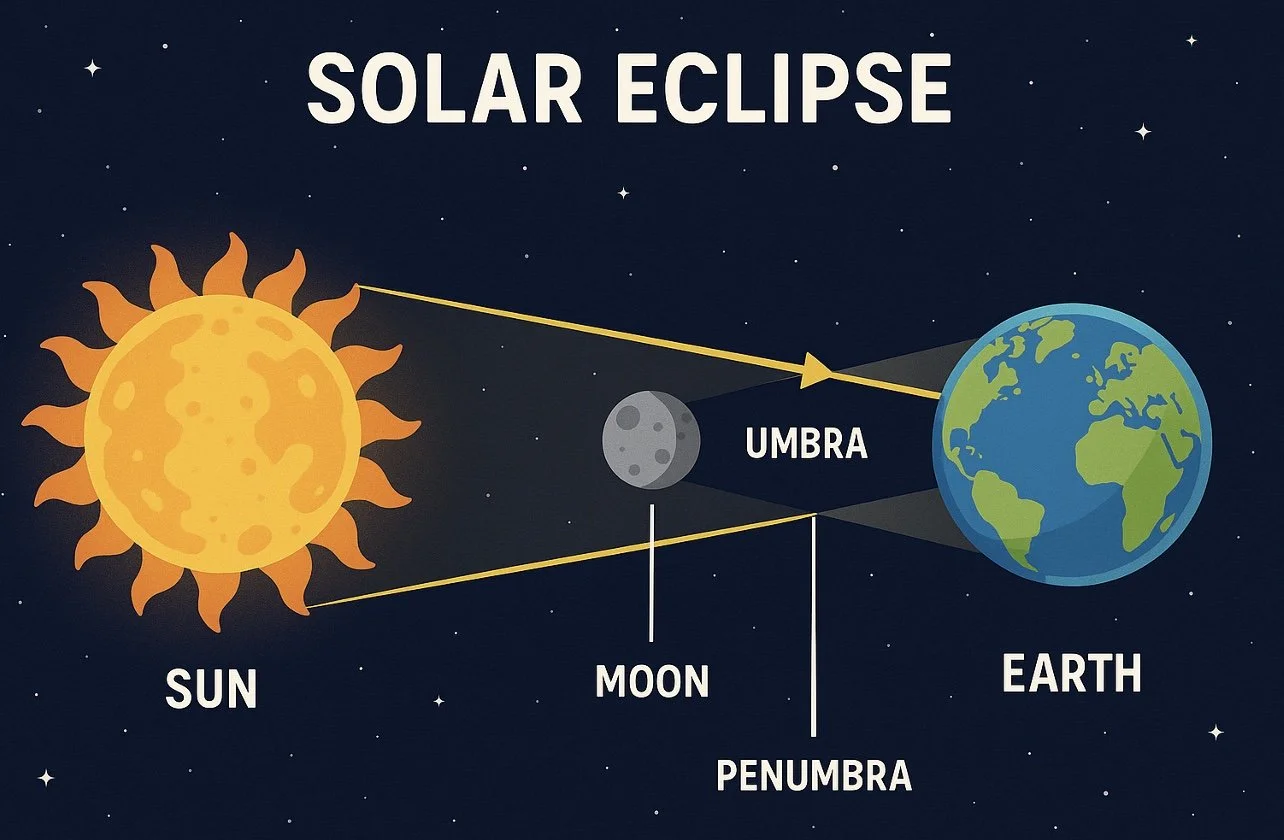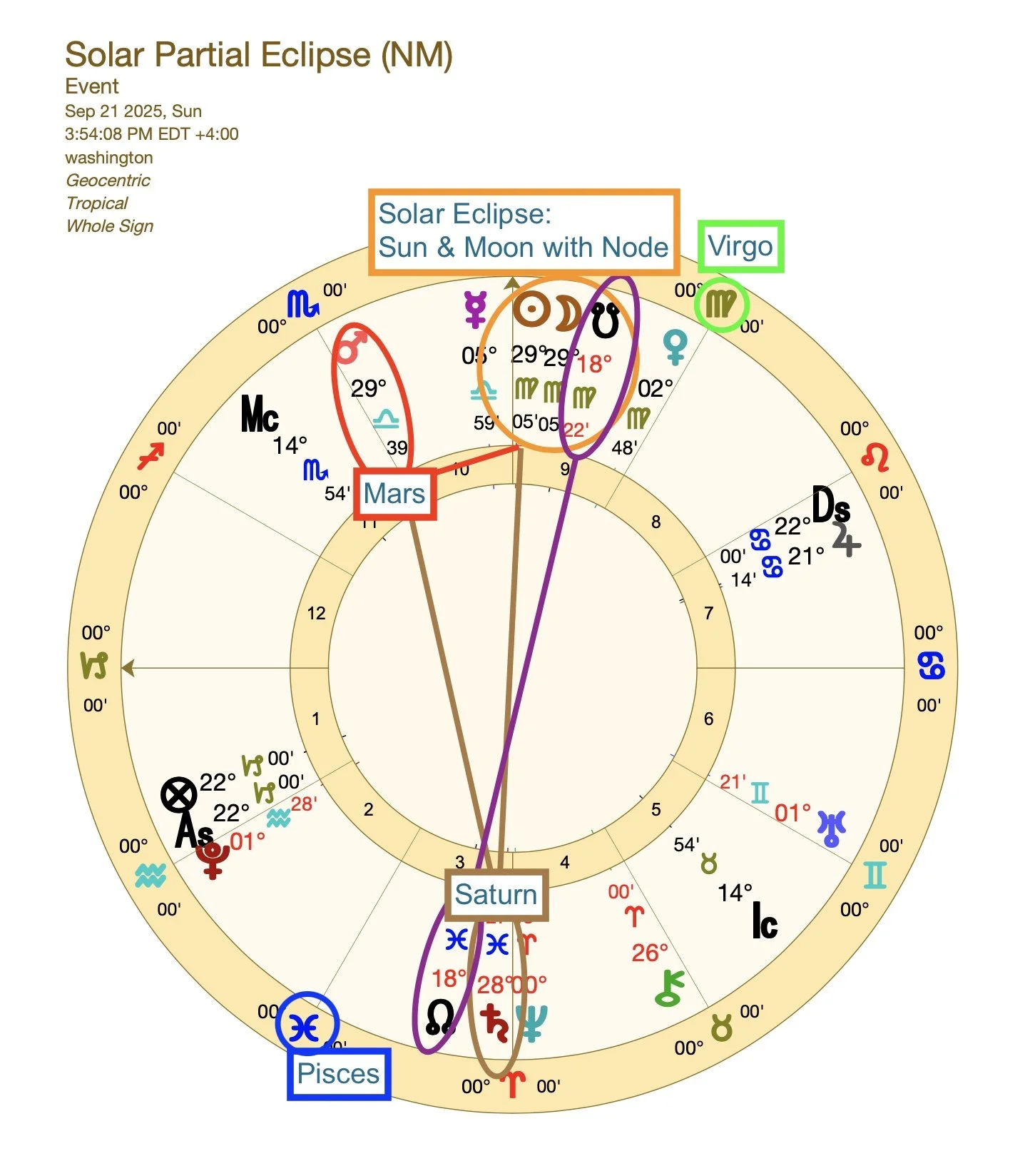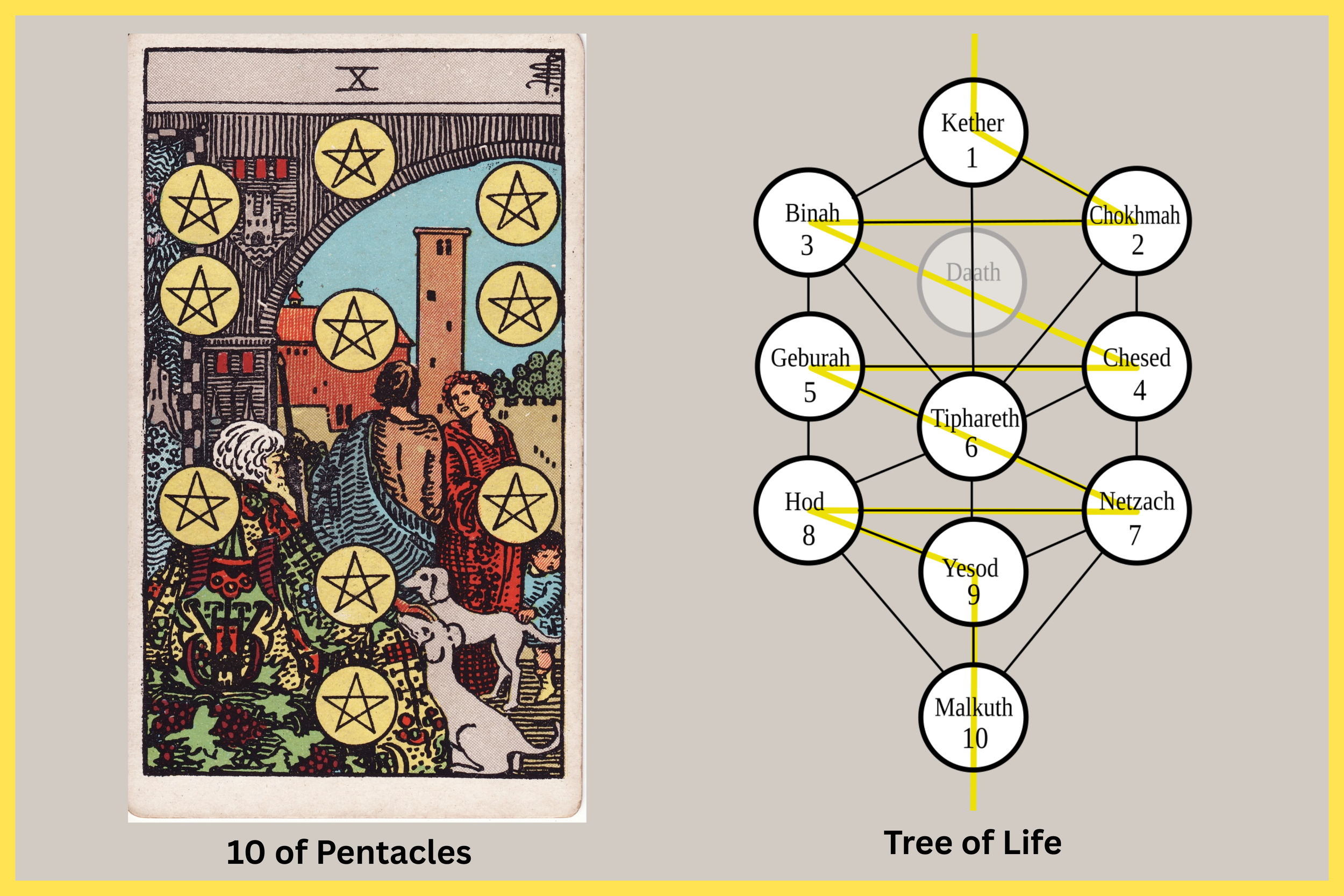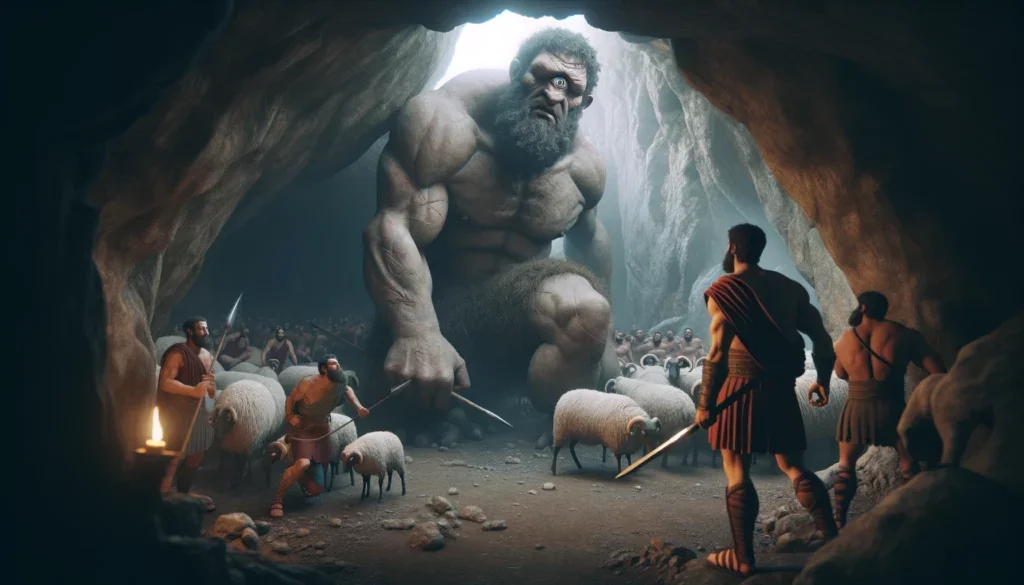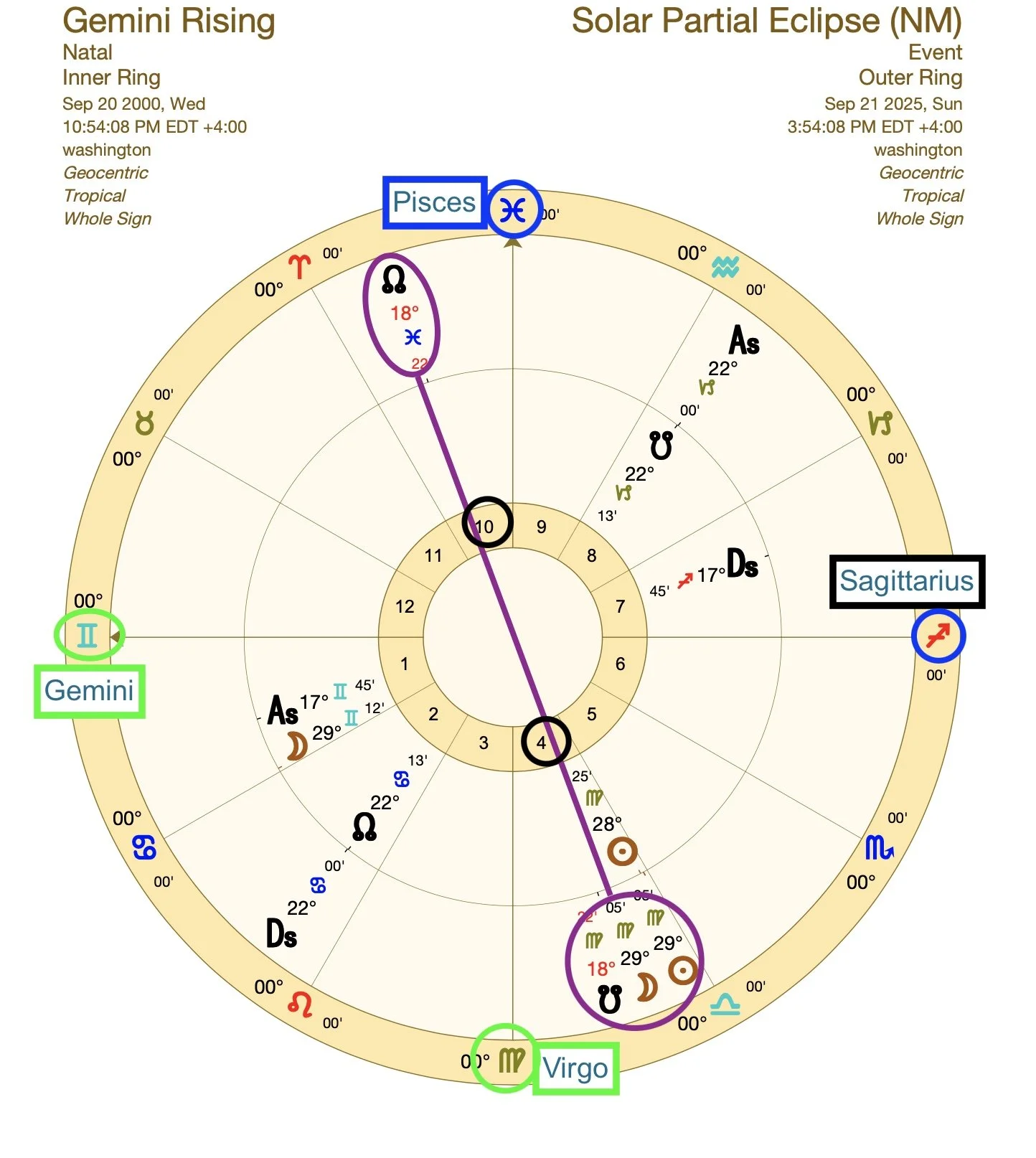Virgo Solar Eclipse, Illumination and Individuation
On September 21st, the solar eclipse in Virgo brings an opportunity to reset and realign. Solar eclipses, which occur when the Sun and Moon align perfectly, can feel like a reboot—a moment when old patterns pause, making space for new insights. This eclipse, happening in the last decan (10 degrees) of Virgo, is tied to the concept of individuation, a term coined by the psychoanalyst Carl Jung. Individuation is the process of stepping into who you truly are by integrating your experiences, even the challenging ones, and expanding your sense of self.
Virgo’s energy is practical and grounded, focused on improvement and refinement. It asks us to notice what isn’t working—not to criticize, but to make things whole. During this eclipse, you might find yourself rethinking how you approach growth and change, especially in the areas of your life connected to Virgo and Pisces in your birth chart. Whether it’s about building better habits, finding balance between self-criticism and self-compassion, or stepping into new roles, this is a time to reflect on how you can move forward in a way that feels authentic.
The planetary backdrop adds some complexity to this eclipse. Mars and Saturn, in a tense aspect, suggest that challenges or frustrations might surface, particularly around responsibilities or unresolved issues. These moments, while uncomfortable, can push us toward greater awareness if we take the time to pause and process what’s coming up.
In the video and blogpost below, I explore how this Virgo Solar Eclipse connects to the broader themes of individuation and growth. We’ll also look at how it might show up for you based on your rising sign, whether it’s navigating shifts in career and home life, relationships, or other areas. If you’re curious about how this eclipse impacts your unique chart, consider booking a reading for deeper insights. Scroll down for rising sign examples, practical advice, and more on how to work with the energy of this eclipse season.
Transcript (Revised and Expanded)
On September 21st, we’ll experience a solar eclipse in the sign of Virgo. Solar eclipses are powerful moments—like new moons on steroids—that can introduce fresh ideas or a new way of understanding yourself. This particular eclipse amplifies that theme because it takes place in the final degrees of Virgo, a part of the sign closely connected to the concept of individuation. Individuation, a term introduced by Carl Jung, the renowned psychologist, describes the natural human process of stepping fully into your own life. It’s about embarking on adventures, having experiences, and sometimes stumbling or making mistakes. Through these experiences, you come to understand who you truly are, integrate those lessons, and expand your sense of self.
We’re also going to explore how the Ten of Pentacles Tarot card reflects this idea of individuation. This card is associated with the area of the zodiac where this eclipse occurs, and it offers so much insight into this process. There’s a lot to dive into! If you enjoy this video, please like and subscribe—it helps others discover my content. Now, I’m going to bring up the whiteboard I created to guide us through this eclipse. I find whiteboards incredibly helpful because astrology is such a complex subject—there’s always so much to learn, and we’re constantly learning as we go.
Let’s start with the basics of what a solar eclipse is. A solar eclipse occurs when the Moon passes directly between the Earth and the Sun, temporarily blocking the Sun's light. From our perspective on Earth, the Sun seems to disappear from the sky. This happens because the Moon, although much smaller than the Sun, is at just the right distance from Earth to appear nearly the same size in the sky.
The Sun represents light, vision, and consciousness—it’s what illuminates our world and helps us see and understand. When the Moon obscures the Sun, it casts a shadow over the Earth, plunging certain areas into temporary darkness. This darkness symbolizes the unknown, the hidden, or the unconscious—the things we don’t fully see or comprehend in our everyday lives.
The act of the Sun disappearing and then reappearing can be thought of as a cosmic reset. Like rebooting a computer, the momentary disruption clears space, allowing for new patterns, ideas, or understandings to emerge. It’s a powerful moment when the light of awareness is momentarily dimmed, creating an opportunity to reflect on what’s been overshadowed or overlooked.
Symbolically, the interplay between light and shadow during a solar eclipse mirrors the balance between what we consciously understand (the Sun) and what lies in our subconscious (the Moon). It’s a potent reminder that growth often comes from embracing both the seen and the unseen—our clarity and our mysteries. This celestial event, rare and awe-inspiring, invites us to pause, reset, and welcome new insights as the light returns.
Now, let’s talk about Virgo. What is this sign all about? Virgo is a mutable earth sign. The mutable quality relates to flexibility and adaptability, while the earth element is grounded in practicality—it’s about what’s realistic, what we can build, create, and achieve in the material world. Virgo is ruled by Mercury, the trickster of the zodiac, a planet known for its sharp focus on details. When you combine Mercury’s precision with Virgo’s practicality, you get a unique energy. People with planets or key points, like the Ascendant or Midheaven, in Virgo are often skilled at spotting errors or areas for improvement. They naturally notice when something in the material world—or even within themselves—isn’t quite where it could be, thanks to their keen eye for detail.
I want to approach this idea gently because, sometimes—and I say this as someone with a lot of planets in Virgo, so I know it well—Virgo energy can come across as judgmental. But if we reframe the idea of judgment, not as labeling something as good or bad or “not good enough,” but instead as seeing the potential for something to become whole, it shifts the perspective. Virgo energy is about wanting to improve and refine things.
For example, my husband is an amazing chef, and he’ll cook a fantastic meal. I’ll say something like, “Honey, what if next time you added just a little bit of this spice, or maybe took away a bit of that other one? It might make it even better.” It’s not because I want to criticize him—I absolutely love the dish he’s made. It’s more about seeing the potential to refine and enhance what’s already great. So if you encounter that Virgo energy, it can be helpful to hold it lightly and understand it from this perspective.
When we have a solar eclipse in the sign of Virgo, it can spark a new idea or a fresh way of engaging with Virgo’s desire for improvement. This energy will show up in whatever area of your chart Virgo influences. Later in the video, we’ll walk through an example to help you better understand how this might show up for you personally.
Before we dive into the Tarot card associated with this decan—or section of the zodiac—it’s important to note that this particular eclipse might feel a bit tense. It could bring up material from the background, from the unconscious, for us to process. This is because Mars, the god of war, and Saturn, the planet of restrictions, hard work, and responsibility, are in a tense aspect with each other. This aspect is called an “inconjunct.” Mars and Saturn are positioned roughly 150 degrees apart, or five houses away, and when planets are in this kind of alignment, they don’t share much in common. It’s almost like they’re speaking two different languages and missing each other entirely.
This tension between Mars and Saturn can signal some turmoil simmering in the background, as these two planets are often the most challenging energies in a chart. As you navigate whatever is surfacing—this new idea, shift, or way of being—it’s possible that it’s being triggered by something deeper, something arising from the unconscious that you might not fully understand yet.
I always recommend approaching this type of energy with some form of meditative practice. If things feel a little “off” or unclear, taking time to slow down—whether that’s sitting quietly, going for a walk, meditating, or simply pausing—can help create space for the message to rise to the surface. This quiet reflection allows insight from your unconscious or intuition to come forward, helping you better understand and work with the meaning of what’s unfolding.
Another reason this eclipse might feel a bit tense is that it occurs at the anaretic degree of Virgo—the very last degree of any sign. This degree carries a sense of urgency, as if the planets are trying to wrap up the final lessons of that sign. It creates a kind of pressure, a push to complete something before moving on.
Adding to this intensity, Mars is also at the anaretic degree of its sign, Libra, during the eclipse. This overlap amplifies the energy, layering in even more of that feeling of being on the edge of something significant, with a sense of momentum or tension driving it forward.
Let’s now look at the Tarot card associated with this decan of the zodiac. When I say “decan,” I’m referring to a 10-degree segment—each zodiac sign is divided into three decans. For the 20 to 30 degrees of Virgo, the corresponding card is the Ten of Pentacles.
This card offers us a lot of insight. First, tens in the Tarot always correspond to Malkuth on the Kabbalistic Tree of Life. In the Ten of Pentacles, we can actually see the Tree of Life represented visually. The designers of the Tarot cards intentionally included esoteric wisdom to deepen our understanding of their meaning and their connection to this part of the zodiac.
On the Tree of Life, Keter is at the top, symbolizing the divine source, while Malkuth is at the bottom, representing the material world. The energy of the Tree of Life flows downward, descending through the various stages of existence, until it reaches Malkuth, where it becomes fully integrated and manifest in the real world. This reflects the process of experiencing life, integrating what we’ve learned, and making it tangible.
The Ten of Pentacles doubles down on this theme of integration and manifestation. It reminds us that individuation—becoming who we truly are—happens through the process of experiencing life, learning from it, and grounding those lessons into our reality.
The figure represented in the Ten of Pentacles is Odysseus from The Odyssey. At the very end of the epic, Odysseus returns home after many trials and adventures, but he does so as an older man. His family no longer recognizes him, though the dogs immediately do. This detail is significant and symbolic. It hints at the deeper themes of this part of the zodiac—the idea of engaging with life in a way that requires us to confront our unconscious, face our psyche, and grow into a fuller sense of who we are.
This process is what we call individuation. It’s the journey of integrating all parts of ourselves—both the known and the unknown—through the challenges, lessons, and transformations life presents to us. The story of Odysseus beautifully reflects this theme, as does the energy of this decan of Virgo, inviting us to deepen our understanding of who we are by facing and incorporating the unseen aspects of our inner world.
I’d like to share a bit about how The Odyssey serves as an allegory for the process of individuation. If you’re familiar with the story, Odysseus embarks on a journey across the world, encountering different figures, demons, and giants, each representing a unique challenge. Through these encounters, he grapples with powerful experiences that force him to confront various aspects of himself. By the end of his journey, he returns home transformed, having come to truly know himself.
The myth of The Odyssey illustrates the individuation process, which is the psychological journey toward becoming a unified and authentic self. This ties into the larger themes of Virgo and Pisces, which are both about the desire for wholeness. For Virgo, that wholeness manifests on the material plane—through refining and becoming more of who you are in the world. For Pisces, it’s about wholeness on the spiritual plane—connecting to a sense of unity and transcendence.
In The Odyssey, Odysseus’ trials symbolize confrontations with parts of his psyche. For example, the lotus-eaters represent a temptation to escape reality, a challenge to stay grounded and engaged with life rather than retreating into distraction or avoidance. These trials reflect the inner work of integrating our unconscious and conscious selves, a central theme of individuation.
If you’re familiar with The Odyssey, you’ll know that part of Odysseus’ journey involves the temptation to eat the lotuses. Odysseus and his crew arrive on the island of the lotus-eaters. The inhabitants of the island offer them lotus plants to eat. Those who consume the lotus lose all desire to leave the island and instead want to stay there in a state of dreamy forgetfulness. They essentially "fall asleep" to their purpose and abandon their journey, succumbing to the temptation of escapism. This symbolizes the very human desire to escape when life feels overwhelming. It’s that moment when we just want to check out—by zoning out in front of the TV, endlessly scrolling on the internet, or having a drink.
Odysseus, however, resists the temptation and forces his companions who have eaten the lotus to return to the ship. This episode underscores a key theme in the story: the importance of staying present, focused, and engaged with life, even when faced with the allure of easy escape or avoidance. It aligns with the broader individuation process, where one must confront and overcome the temptation to disengage from life's challenges in order to grow and evolve.
Beyond the lotus-eaters, Odysseus also confronts the Cyclops Polyphemus, which represents ego and primal instincts. When Odysseus and his men encounter the Cyclops , they face an embodiment of raw, unchecked primal power. The Cyclops represents the ego and instinctual desires—forces that can be both destructive and necessary for survival. Polyphemus is physically strong, single-minded, and entirely self-serving, living without regard for rules or higher moral codes.
Odysseus’ response to this challenge reveals key aspects of his psyche. While his cleverness and resourcefulness in blinding the Cyclops demonstrate his intelligence and ability to strategize, his hubris (excessive pride) also emerges when he taunts Polyphemus after their escape, needlessly revealing his identity. This act of arrogance leads to further suffering for Odysseus and his crew when Polyphemus calls upon his father, Poseidon, to curse them. This encounter teaches Odysseus a hard lesson about the dangers of pride and unchecked ego, forcing him to temper his bravado and develop humility as his journey continues.
This journey perfectly aligns with the themes of Virgo III, the last decan of Virgo, which is where this eclipse takes place. It’s about refining and integrating the lessons of life to become a more whole and authentic version of yourself. I’ll be creating a video specifically on Virgo III as part of my series on the 36 decans of the zodiac. I’ll share a link to that soon—it’ll be out in a couple of days—and I’ll blend its themes with what we’ve discussed here. Stay tuned!
So, that’s the energy that might be coming up for you right now. In whatever area of your life Virgo and Pisces fall in your chart, this new moon solar eclipse may offer you an opportunity to gain new insight into who you are. It’s a chance to integrate something that may have surfaced during the first eclipse into your current experience. What are you learning about yourself in these areas of life? How can you bring compassion to these lessons? That’s where the Pisces energy comes in—to help you accept where you might feel like you’re falling short, but also to encourage you to grow, to expand into a fuller version of yourself in this area.
It’s a little tricky to put this into words, but I hope you’re getting the overall feeling of it. One more thing to note is that this particular decan is ruled by Mercury and Venus. Venus, however, is in its fall here, meaning she’s in a place that feels a bit uncomfortable or unfamiliar. As the goddess of love and beauty, Venus in this position can bring a sense of sadness, especially as we let go of old parts of ourselves. This process of individuation—the journey toward becoming a more whole and authentic self—often involves a kind of death for the ego. That’s natural and necessary, but it can feel bittersweet. It’s worth reflecting on that as you navigate this time.
Let’s move on to the last slide, where I’ll give an example for Gemini risings. I chose Gemini rising as an example to show how this eclipse might affect someone on a personal level.
For those with Gemini rising, the eclipse will fall in their fourth house and will also influence their tenth house. You can see the eclipse here at the bottom of the chart in Virgo, in the fourth house. The fourth house is connected to home, family, and ancestry—it’s the foundation of our chart, the roots of who we are. The tenth house, on the other hand, is at the top of the chart and represents career, public life, and what we’re known for in the world.
When an eclipse activates these two areas of the chart, it can bring lessons about letting go in one part of life to make space for growth in another. For example, there might be themes of releasing an old way of relating to home or family in order to step more fully into your role in the world, or vice versa. It’s a time of balancing these two areas and learning how they support one another.
For Gemini risings, and also for Sagittarius risings, the eclipses are happening in the fourth and tenth houses. This eclipse season could be about navigating or gaining new insights into the balance between home and career. Sometimes, we need to let go of something or arrive at a new understanding about our career to fully meet the demands of our home and family life—or the other way around.
If you're a Virgo or Pisces rising, the eclipses are occurring in your first and seventh houses. Eclipses always come in pairs, so there’s one on the Virgo side and one on the Pisces side. This means you might be gaining new understandings about who you are and your relationships, particularly with a partner. There might be a negotiation or learning process happening through your partnerships that sheds light on your own identity. Often, people with eclipses or nodal placements in the first and seventh houses learn a lot about themselves through their partners.
We can also look at how this plays out for other rising signs in the third and ninth houses, eleventh and fifth, second and eighth, and twelfth and sixth. If you’d like to know more about how this particular eclipse might affect you, leave a comment with your rising sign, and I’ll gladly share more information. If you don't know your rising sign, you can look up your chart on astro-seek.com. I’ll also include a link to a video I made about how to do this.
I hope this information was helpful. If you enjoyed it, please like and subscribe to my channel. I'm passionate about teaching and would love to continue creating content like this. I'll see you all in a couple of weeks for the full moon. Have a great day!


